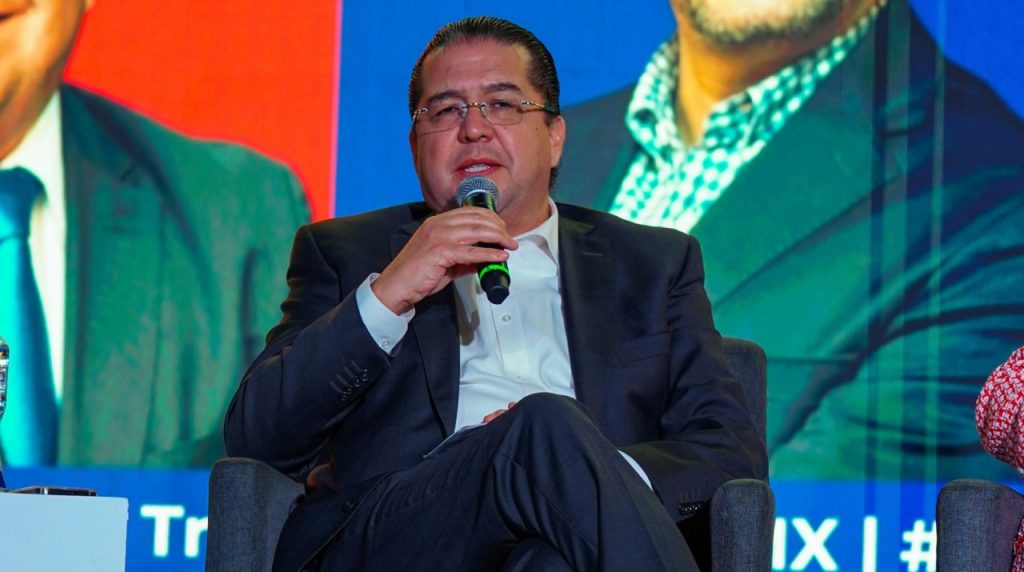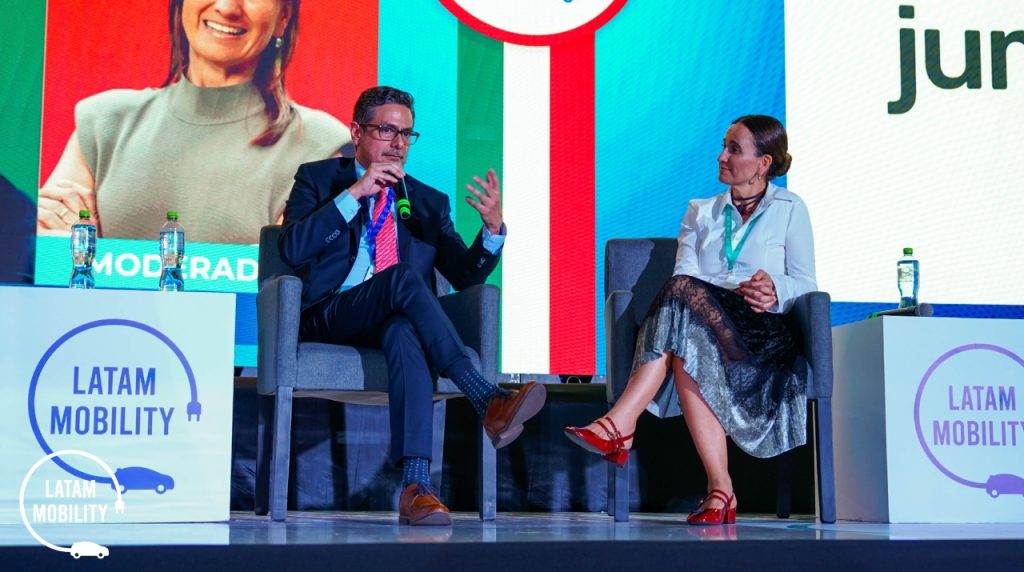
Aeroméxico, Canacar and FedEx are Committed to Heavy Transport Decarbonization

The Decarbonization of Heavy Transport was the topic of conversation at the “Latam Mobility & Net Zero: Mexico 2024”, a meeting that brought together the most prominent leaders of the industry and representatives of the public sector.
Lorena Martinez, Electromobility Secretary of Canacar, assured that it is necessary to work in synergy to facilitate the transition to new technologies. “We have a 25-year old program”.

She pointed out that Canacar has implemented a fleet renewal program with ship owners and the public sector, in which they have been able to finance upgrade projects with Euro 5 and Euro 6 engine technologies with a significant environmental impact.
Martínez emphasized the need for alliances to combat the major polluting effect generated by the transportation sector.
Impact of FedEx
Mexico Jorge Torres, Vice President of FedEx Mexico, highlighted the company’s presence in 220 countries with the mission of connecting humanity through its air and ground fleet.

He specified that they currently have 800 airplanes in 365 airports worldwide and 210,000 vehicles with the responsibility of connecting humanity and boosting the economy through a commitment to improving the environment and carbon footprint.
“We have a program of transition to electric vehicles, we are gradually migrating to aircraft with less noise and less footprint with the challenge of being neutral by 2040”, said Torres.
Aeromexico’s Footprint
Julio Díaz Cruz, Aeroméxico’s Environmental Manager, was another prominent panelist at the Latam Mobility forum held at the World Trade Center in Mexico City.
He assured that they are working hard on their sustainability strategy with a clear path towards decarbonization, covering a wide range of initiatives.

In its vision towards the transition to sustainable aviation, Aeromexico has three fundamental pillars, which are the progressive reduction of emissions to achieve Zero Net Emissions by 2050, the strengthening of its social commitment and the implementation of corporate governance practices that promote transparency.





